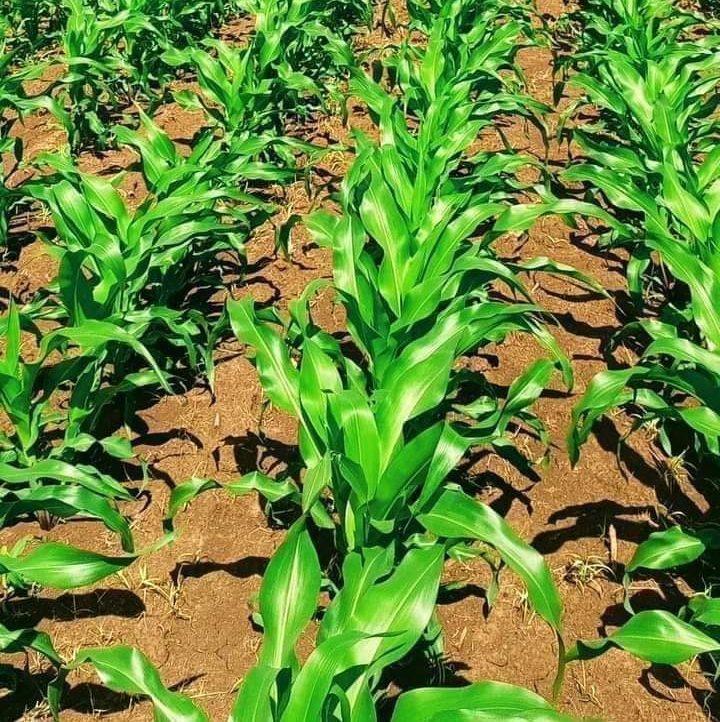In the farmlands of Gombe State, once lush with rows of maize and rice, a quiet crisis is unfolding. As fertilizer prices continue to surge, despair is setting in among farmers—many of whom are now giving up on cultivating staple crops altogether.
This planting season, what should be a time of hope and hard work has instead become a season of frustration. Fertilizer, an essential input for maize and rice cultivation, has jumped from ₦42,000–₦44,000 per 50kg bag to an alarming ₦52,000–₦57,000. This 40% spike is pushing farmers beyond their financial limits.
“We can’t cope anymore,” says Zakari Hinna, chairman of the All Farmers Association of Nigeria (AFAN) in Yamaltu/Deba Local Government Area. “More than 40% of our members have completely abandoned maize and rice. They now focus on crops like sorghum, millet, groundnut, sesame, and beans that need little or no fertilizer.”
For farmers like Zakari and thousands of others across the state, the math no longer adds up. Cultivating one hectare of maize or rice now requires five to six bags of fertilizer, translating into over ₦300,000 in input costs—excluding seeds and labor. Most smallholder farmers simply don’t have that kind of money.
Abubakar Babayo, a rice and maize farmer in Difa, Yamaltu/Deba LGA, shares the same frustration. “Last year, I could manage a few hectares. This year, I’ve reduced it to just half a hectare. Many of my neighbors didn’t plant at all,” he says.
The problem isn’t isolated to one community. Across Nafada, Dukku, and Billiri LGAs, farmers report a mass shift to lower-maintenance crops.
Maria Joshua, a maize farmer in Billiri LGA, says the ripple effect is already visible. “Some are taking loans just to afford fertilizer. Others are dropping out of farming entirely. If this continues, we’ll soon have food shortages.”
The implications are grave. Maize and rice are dietary staples in Nigerian homes. A widespread reduction in their cultivation could trigger food scarcity and soaring food prices in the months ahead.
Farmers across Gombe are calling for urgent intervention. They want both the federal and state governments to reintroduce or scale up fertilizer subsidies. Without such support, they warn, Nigeria’s quest for food security may be jeopardized.
“We don’t want handouts,” says Zakari Hinna. “We just want to be able to farm. That’s all.”


